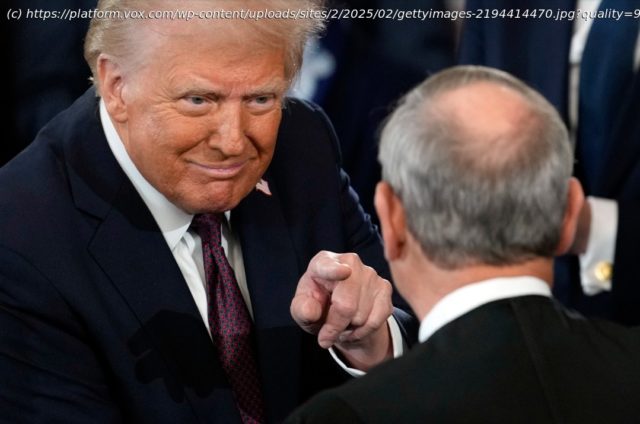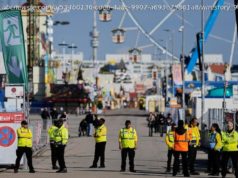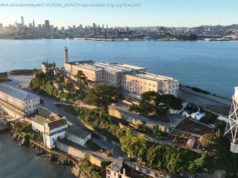Trump is now targeting people exactly like the Republican Supreme Court justices.
About two decades ago, Justice Antonin Scalia went on a duck hunting trip with then-Vice President Dick Cheney. This trip became an issue because the Supreme Court was considering a case challenging some of Cheney’s official actions within the Bush administration, and a party to that case asked Scalia to recuse because of his personal relationship with the vice president.
In his opinion denying this request, Scalia argued that requiring justices to “remove themselves from cases in which the official actions of friends were at issue would be utterly disabling.” Many of the justices, Scalia explained, “reached this Court precisely because they were friends of the incumbent President or other senior officials,” and his opinion described several past examples of close relationships between justices and presidents or other top members of the executive branch.SCOTUS, Explained
Get the latest developments on the US Supreme Court from senior correspondent Ian Millhiser.
Setting aside the question of whether Scalia’s argument against recusal was persuasive, his opinion is an accurate description of elite Washington culture. The pool of people who receive high-level presidential appointments is fairly small, and the pool of Republicans who serve in those roles is even smaller. Serving in government means endless meetings, as competing agencies hash out their differences and competing political factions jockey for position. By the time someone rises to the highest offices — a justice or an agency leader — they are likely to be well-acquainted with their peers and friends with many of them.
Which brings us to Trump’s recent decision to bring criminal charges against former FBI Director James Comey — charges that are so weak that President Donald Trump had to fire a US attorney and install a loyalist to secure an indictment.
Although Democratic President Barack Obama appointed Comey to lead the FBI, largely because Obama wanted to avoid a difficult confirmation fight with Senate Republicans, Comey was a Republican for most of his career (although he announced that he’d left the party during Trump’s first term). He served as deputy attorney general, the Justice Department’s No. 2 job, under Republican President George W. Bush — and that was after Bush appointed him to a prestigious job as the top federal prosecutor in Manhattan.
In his many political jobs, Comey most likely worked directly with at least two of the sitting justices. His tenure as deputy attorney general overlaps with Justice Neil Gorsuch’s tenure in a senior Justice Department role. And Comey worked on a Senate investigation into the 1990s-era Whitewater scandal at the same time that Justice Brett Kavanaugh worked on independent counsel Ken Starr’s investigation into the same matter.






